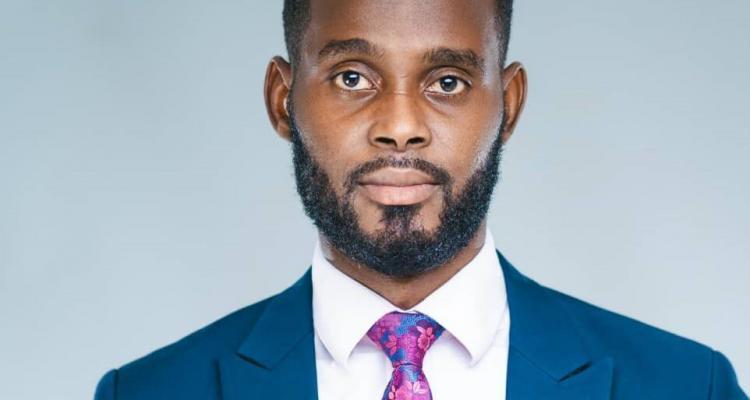
Prominent lawyer Alexious Kamangila has issued a bold and public challenge to Parliament, calling on the legislative body to summon him to justify his claims that Attorney General Thabo Chakaka-Nyirenda is involved in corrupt activities.
Kamangila, who has been vocal about his accusations, has referred to the AG as a “Corruption Chief,” alleging his involvement in a series of questionable deals that have cost the country dearly.
In a detailed and impassioned statement shared on social media, Kamangila framed this as a “lifetime opportunity” to lay bare the evidence of malpractice in the AG’s office.
Addressing several prominent parliamentary figures, including Leader of Opposition Peter Mutharika, Joseph Mwanamvekha, and Speaker Catherine Gotani Hara, Kamangila urged them to give him the platform to present his evidence.
“I beg of you, dear House, invite me, so I can show you the corruption Thabo Chakaka-Nyirenda is facilitating and engaging in. Clear your entire day, because we will have a lengthy discussion—everything from AIP [Affordable Inputs Programme] deals to fuel procurement and beyond,” Kamangila declared.
Kamangila’s accusations focus on what he describes as clear evidence of corruption in:
1. Affordable Inputs Programme (AIP) Deals: He alleges that the AG played a role in facilitating dubious contracts under this critical subsidy program, which has faced repeated criticisms for inefficiency and mismanagement.
2. Fuel Procurement: Kamangila claims there are irregularities in fuel deals overseen by the AG, with significant financial losses incurred by the government.
3. Settlement Deals: He highlights a pattern of questionable settlement agreements, suggesting these are designed to siphon public funds under the guise of legal resolutions.
Kamangila’s challenge has sent ripples through political and legal circles. By daring Parliament to hear his claims, he raises the stakes in a debate over corruption that has already divided opinions. If called to testify, Kamangila intends to present what he describes as “clear and irrefutable evidence” of the AG’s malfeasance.
“When I leave Parliament, it will be evident that the current officeholder in the Office of the Attorney General can no longer function effectively,” he said, suggesting the weight of his evidence could lead to Chakaka-Nyirenda’s resignation or dismissal.
The call-out also highlights a recurring theme in Malawi’s political discourse: the tension between public accountability and institutional loyalty. Kamangila criticized those defending the AG without understanding the depth of the accusations, warning that their actions could lead to further institutional damage.
“Sometimes people think they are protecting their boss, only to land him in deeper trouble,” he quipped, adding that this could mark the end of Chakaka-Nyirenda’s tenure.
Kamangila’s campaign has gained traction on social media, with hashtags like #CorruptionIsNotFashionable and #CorruptFreeSocietyIsPossible rallying public sentiment against corruption. The lawyer has positioned himself as a champion for transparency, insisting that Malawi can achieve a society free of corruption if such cases are exposed and addressed.
The ball now lies in Parliament’s court. Will lawmakers take up Kamangila’s challenge and allow him to present his evidence? If they do, it could set the stage for one of the most explosive parliamentary sessions in recent history. However, failure to act on his request might reinforce public perceptions of impunity and lack of accountability in government.
The nation waits to see whether Parliament will heed Kamangila’s call and, if so, whether his claims will lead to actionable consequences for those implicated. This moment, as Kamangila puts it, could redefine the fight against corruption in Malawi.














